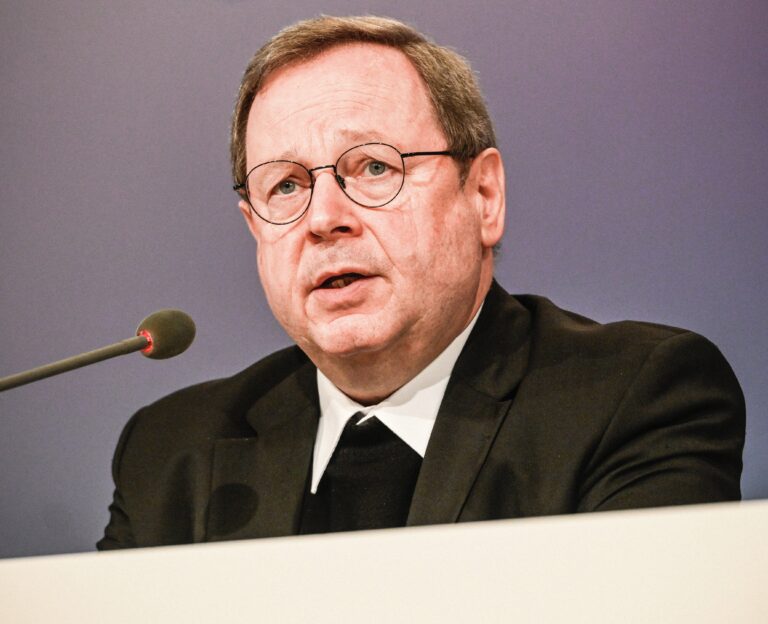The Vatican has rejected the planned creation of a “Synodal Council” in a letter to the German Bishops’ Conference amid an ongoing dispute over the Synodal Path reform consultations in the Catholic Church in Germany.
The letter published by the Bishops‘ Conference on Monday evening refers to a plan to set up a council as a new national advisory and governing body aimed at addressing “major developments in the Church and society”. It is to consist of bishops, priests and laypeople tasked with discussing and jointly deciding on fundamental church issues and on the use of financial resources.
In the letter dated January 16, the Vatican said that neither the Synodal Path, nor a body appointed by it, nor a national bishops‘ conference had the authority to set up such a council, which would curtail the authority of the bishops. It is signed by Cardinal Secretary of State Pietro Parolin and the Curia cardinals Luis Ladaria and Marc Ouellet. They emphasised that Pope Francis had approved the letter in forma specifica and ordered its dispatch, meaning that he supported its content.
In the letter, the churchmen also argued that German bishops were not obliged to participate in a “Synodal Committee” which according to current plans is to prepare the creation of the “Synodal Council”.
It stated that the archbishops and bishops of Cologne (Woelki), Eichstaett (Hanke), Augsburg (Meier), Passau (Oster) and Regensburg (Voderholzer) had approached the Vatican and asked whether they must, or were allowed to, participate in a “Synodal Committee”.
However, the president of the German Bishops‘ Conference, Limburg Bishop Georg Baetzing, wants to stick to the plan despite the Vatican’s opposition. The preparatory “Synodal Committee” was “not called into question by the Roman letter”, he said. And the “Synodal Council”, which is to be prepared by the committee, would also “remain within the current canon law”.
The Vatican saw a danger of a weakening of the episcopal ministry, Baetzing said, adding that he disagreed with that view. “I experience synodal consultation expressly as a strengthening of this office,” he said. In future, he would therefore like to think “much more intensively” about such forms and possibilities and seek dialogue with those responsible in the Vatican.
He said he was also grateful that “a large part of the Permanent Council has once again affirmed the will to implement the Synodal Assembly‘s decision on the Synodal Committee and to begin the consultations”. Baetzing‘s statement was issued following the regular meeting of the Permanent Council of the Bishops’ Conference in Wuerzburg. That council, made up of the 27 local bishops without their auxiliary bishops, meets to discuss current issues.
Baetzing added that Rome’s invitation in the letter to talk would be accepted soon, “also by the presidium of the Synodal Path”, meaning together with lay representatives. He noted that “we have not even been able yet to discuss with Rome the substance and objectives of synodal consultation at all levels in the Church in our country”.
Originally reported by KNA Germany.



